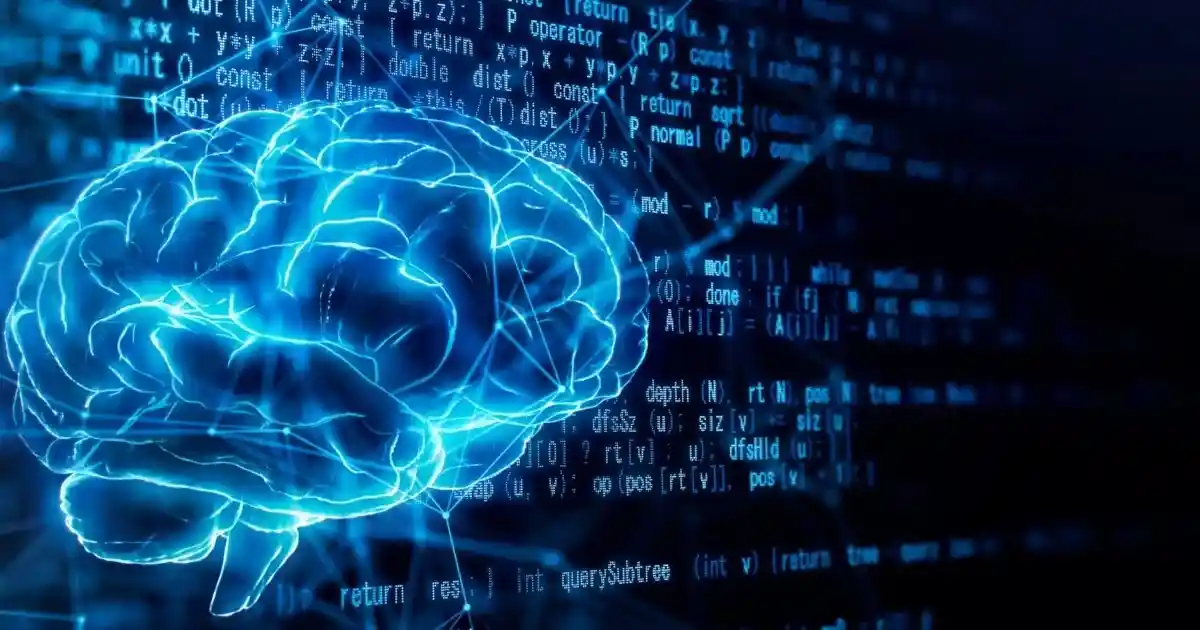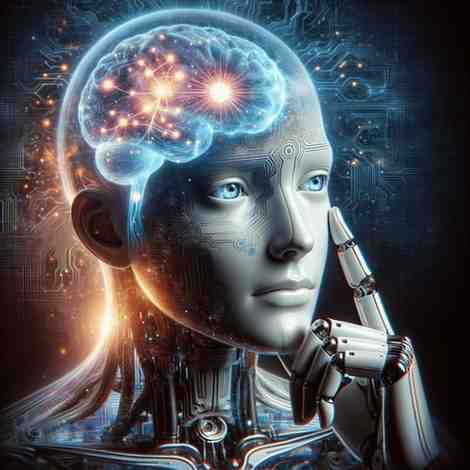Recently, I realized that AI and its impact is among the things that come to my mind atleast once a day. With the advancement of technology, artificial intelligence is gradually becoming a norm in our lives. Whether at work, leisure, or in daily routines, we experience the convenience and transformation brought by AI. However, for many, AI remains an abstract concept, its workings unclear.
Artificial intelligence is a technology that emulates human cognitive abilities and thinking processes. It encompasses various areas like machine learning, deep learning, natural language processing, and computer vision to simulate human intelligence, enabling computers to perform complex tasks like image recognition, speech analysis, decision-making, and natural language understanding.
AI's applications span across diverse fields such as medical imaging analysis, financial risk assessment, manufacturing automation, and intelligent systems management. From healthcare to finance, manufacturing, and beyond, AI continues to expand its role, promising a future with even broader applications.
I read a comprehensive paper titled "Consciousness in Artificial Intelligence: Insights from Consciousness Science" by Turing Award laureate Yoshua Bengio and collaborators from philosophy, neuroscience, and I found it really thought-provoking. It delves into the consciousness debate within AI systems. It explores mainstream consciousness theories and the possibilities of constructing conscious AI systems.
The question of whether AI possesses consciousness is increasingly pressing. As AI rapidly advances, top researchers draw inspiration from human brain functions to enhance AI capabilities. Yet, the rise of AI systems convincingly emulating human conversation might lead many to believe these systems possess consciousness. The paper also draws insights from neuroscience's consciousness theories, and explores their implications for AI.
The debate on whether AI will develop self-awareness remains contentious and uncertain. Some posit that AI may develop self-awareness as their computational capacity and machine learning algorithms evolve.

[Image Source: IBM]
As AI systems grow in complexity, potentially reaching human brain-scale neural networks and computational power, consciousness might emerge as a natural outcome of complex information processing. From this perspective, AI developing self-awareness is plausible with technological advancements. However, others argue that AI, no matter how sophisticated the algorithms, operates based on predefined programs and lacks biological characteristics and perceptual experiences, making the emergence of human-like self-awareness highly improbable.
There's a risk of over-attributing consciousness to AI systems, a tendency to anthropomorphize non-human systems, and overattribute human-like psychological states to them. People naturally attribute subjectivity, intent, and emotions to non-human entities, a phenomenon termed "anthropomorphic bias."
Anthropomorphization might occur as it seems to aid in understanding and predicting the behavior of complex systems like AI within human cognitive frameworks, albeit leading to incorrect interpretations. It helps individuals navigate interactions with AI. Researchers identify factors leading to anthropomorphism, including appearance, behavior, and perceived autonomy of AI systems.
Imparting autonomy and consciousness to AI might stem from emotional needs for social interaction. Those seeking social engagement and fulfillment from artificial systems might find it easier to attribute consciousness to AI systems. Language models can now convincingly mimic human discourse, making it challenging not to perceive interaction with them as conscious entities, especially when models are prompted to play a human role in conversations.
#AD
I think that as we navigate this landscape of innovation and advancement, the nuanced understanding of AI's capabilities, its potential for self-awareness, and the inherent risks of over-attribution serve as guiding beacons.
The evolving dialogue between neuroscience, philosophy, and AI holds promise not only in unraveling the mysteries of consciousness but also in steering us toward responsible and meaningful interactions with the intelligent systems we create. As AI continues to redefine the boundaries of human ingenuity, our reflections on its nature not only shape our technology but also reflect our perceptions of what it means to be sentient.

In 2022 Jason Allen’s A.I.-generated work, “Théâtre D’opéra Spatial,” Won in the digital category at the Colorado State Fair. [Credit: NY Times]
In contemplating the future of AI, the prospect of acknowledging anything akin to a soul becomes increasingly challenging. I think it would be undeniably fascinating if in future we could replicate human intelligence. However, I also think that this accomplishment would also introduce a sense of disappointment in a way as it complicates the fundamental question of what it means to be a human, and makes it much harder to answer than it already is!





